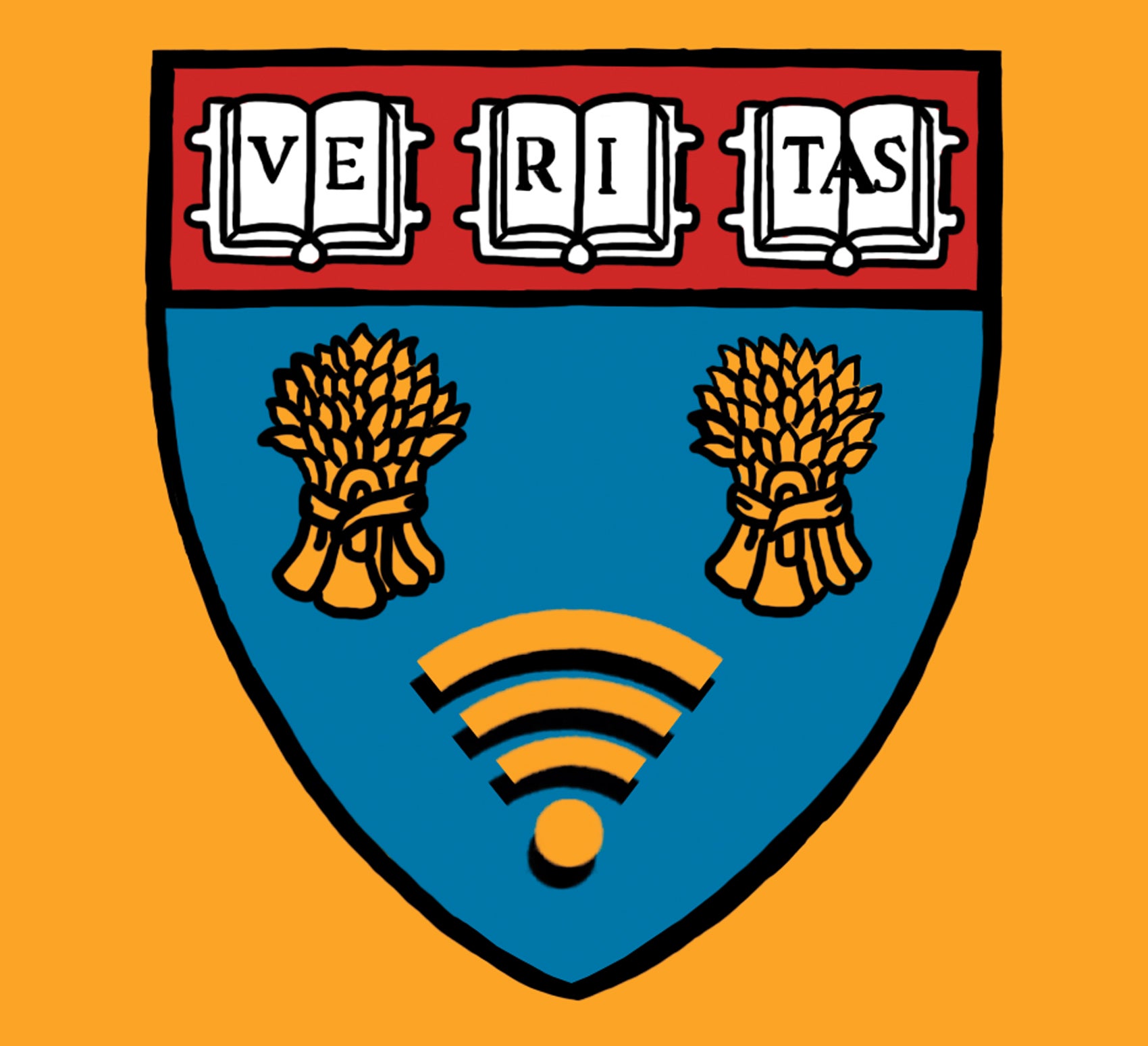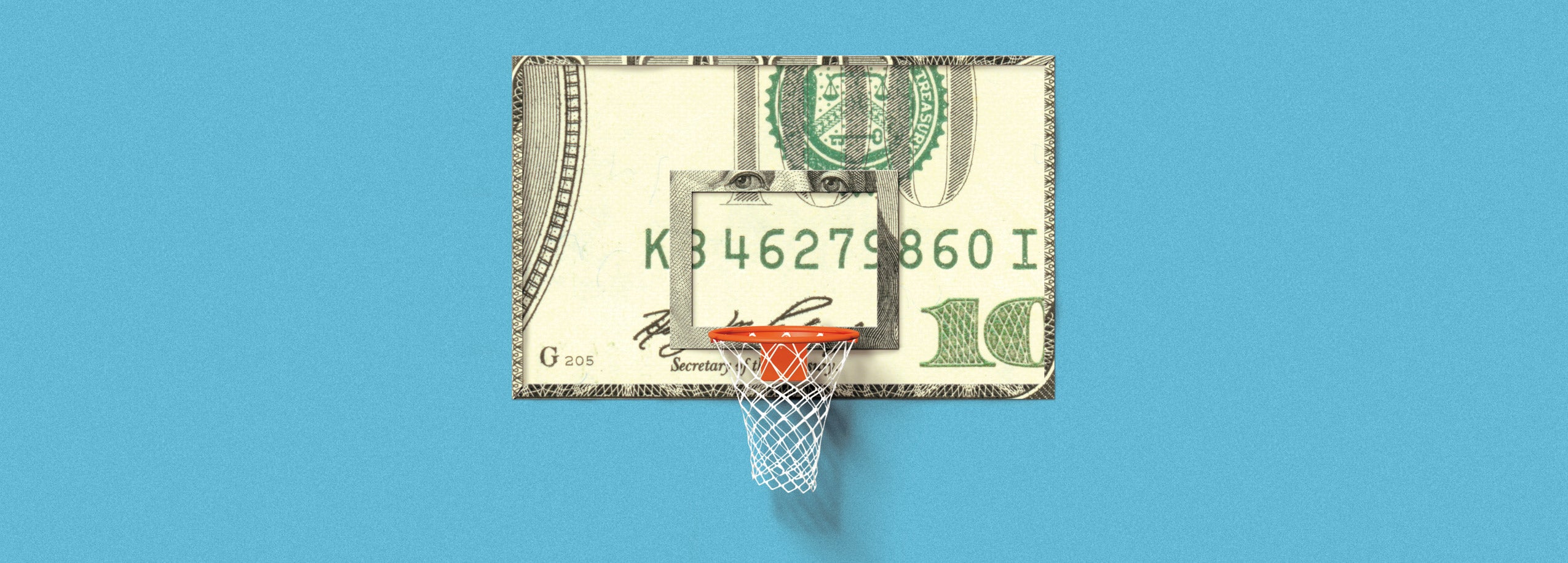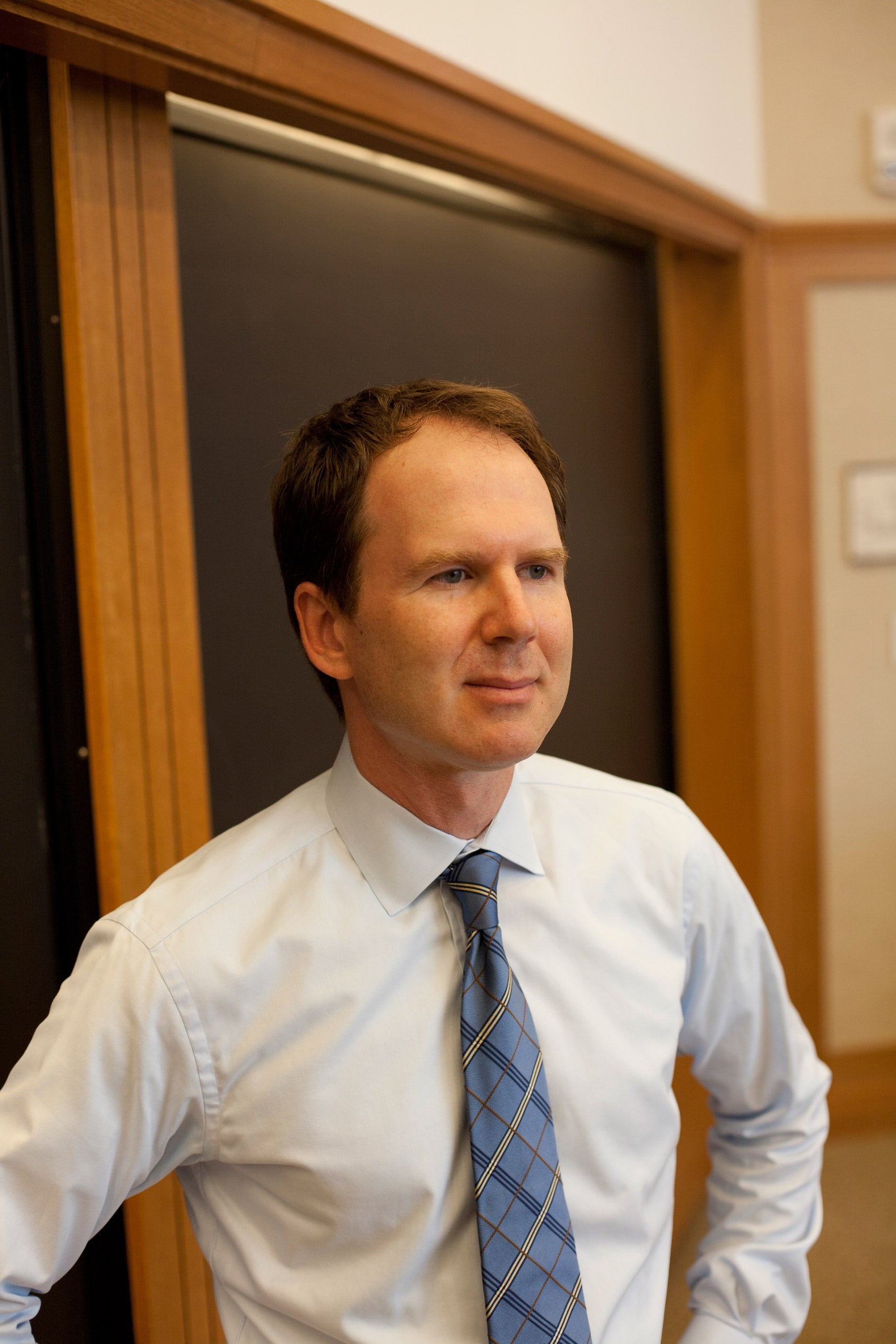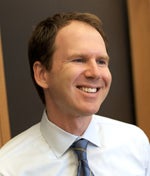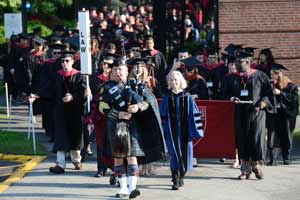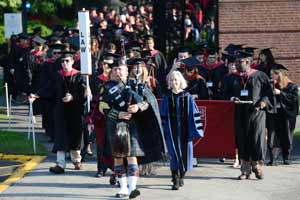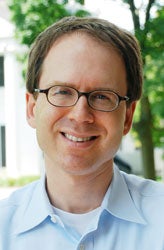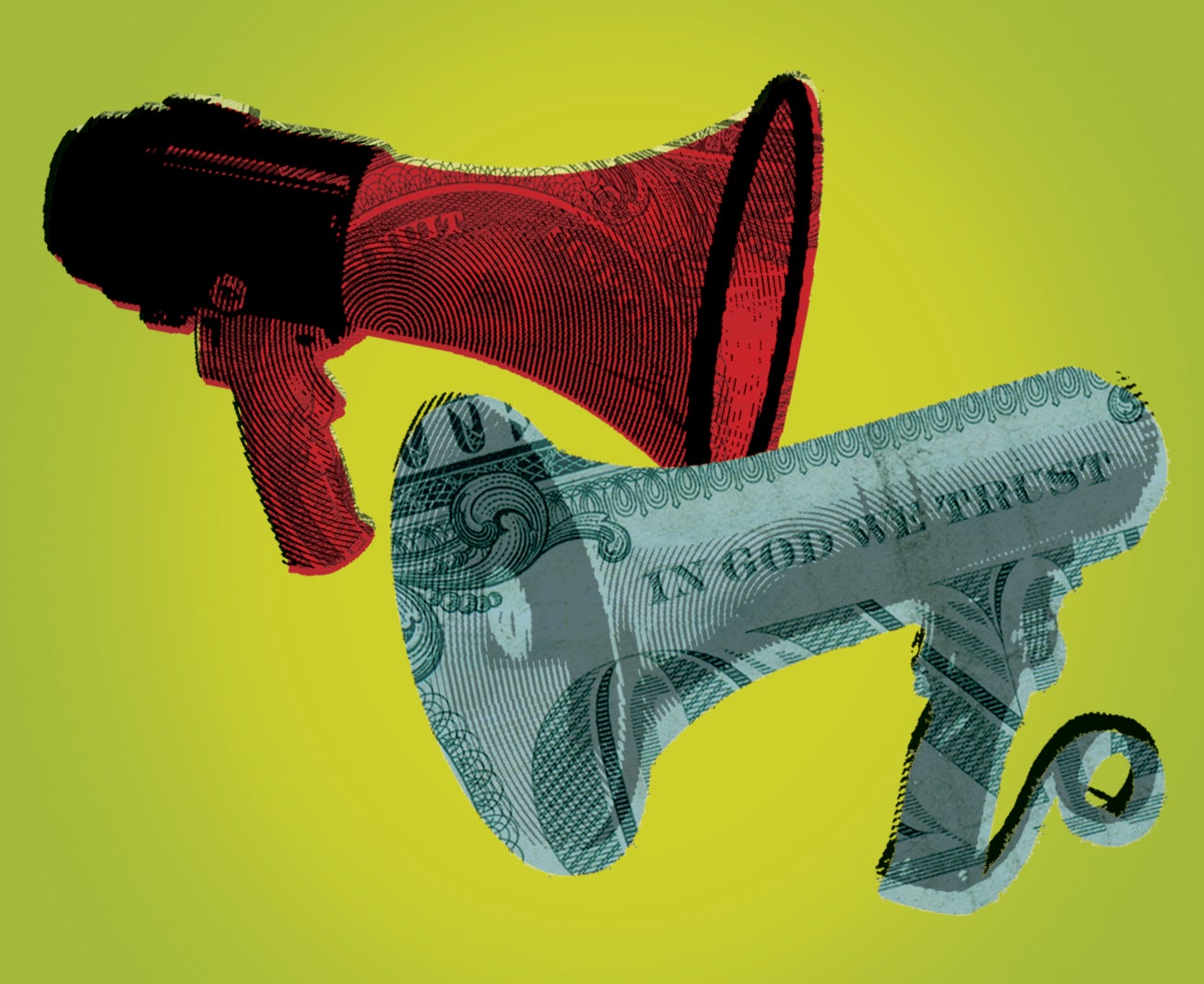People
Benjamin Sachs
-
Protect Those Who Protect Our Food
November 13, 2014
An op-ed by Jacob E. Gersen and Benjamin I. Sachs. Every year, 5.5 million people are sickened by norovirus, a highly contagious gastrointestinal bug. According to the Centers for Disease Control and Prevention, norovirus is the leading cause of food-borne illness in the United States and is spread primarily by “infected food workers.” Last year cooks, waiters and other workers were involved in about 70 percent of the outbreaks. This is just one example of the critical role that food workers play in our nation’s economic and public health systems. And yet, while we often tailor employment rules for work that has a special impact on the public, the law has yet to recognize food workers as a distinct class — an approach that harms consumers, the economy and the workers themselves. Sick restaurant workers provide a particularly vivid example of the kind of legal reform that’s needed.
-
“Working full-time and yet still needing public benefits”: Leading expert urges McDonald’s to come to the table
October 31, 2014
After spending much of the past few years as one of the handful of companies who could justifiably regard the Great Recession as a blessing, the company that gave the world the Happy Meal, Ronald McDonald and those iconic “golden arches” was rudely reminded earlier this month of what life’s been like for most everyone else: After posting some paltry numbers for third quarter revenue, income and earnings, McDonald’s saw its stock drop by as much as 58 cents...With so many protestors no doubt feeling the exhaustion of running a multi-year campaign, and with the fast-food companies themselves in no position to dismiss their workforce’s persistent (and popular) demands, you’d think now would be a time for leaders on both sides to start thinking about engaging in real negotiations. At the very least, that’s the question Harvard Law professor and On Labor contributor Ben Sachs has been raising as of late. And although the lack of union representation is one of the major points of contention between protestors and fast-food management, Sachs believes there may be a model for how negotiations can go forward nevertheless. Earlier this week, Salon called Sachs to discuss his idea and the fast-food workers movement in general.
-
Ind. Right-To-Work Law Preempted, 7th Circ. Hears
October 14, 2014
Federal law preempts an Indiana right-to-work provision that prohibits employers from forcing union membership or union dues as a condition of employment, a group of law professors told the Seventh Circuit, urging the appeals court to reconsider a challenge to the law. Siding with a union that has challenged the validity of Indiana's right-to-work statute, two professors — Harvard Law School's Benjamin I. Sachs and the University of California at Irvine's Catherine L. Fisk — argued on Thursday in an amicus brief that the Indiana law and those of its ilk in other states should be preempted by the National Labor Relations Act and other federal labor laws. That preemption, the professors said, applies to the extent that the Indiana and other state right-to-work laws interfere with collective bargaining agreements that require nonunion employees to pay dues or fees less than the union amounts.
-
What the Hobby Lobby Ruling Means for America
July 29, 2014
Last month, as you’ve probably heard, a closely divided Supreme Court ruled that corporations with religious owners cannot be required to pay for insurance coverage of contraception. The so-called Hobby Lobby decision, named for the chain of craft stores that brought the case, has been both praised and condemned for expanding religious rights and constraining Obamacare. But beneath the political implications, the ruling has significant economic undertones. It expands the right of corporations to be treated like people, part of a trend that may be contributing to the rise of economic inequality…Minority shareholders have little power to influence the choices that corporations make. Benjamin I. Sachs, a law professor at Harvard University, notes that while federal law lets union members prevent the use of their dues for political purposes, shareholders do not have similar rights. “If we’re going to say that collectives have speech rights, then we should treat unions and corporations the same,” Sachs told me.
-
An op-ed by Benjamin Sachs and Catherine Fisk. Last week in Harris vs. Quinn, the U.S. Supreme Court put unions in a bind when it ruled that unionized home-care workers cannot be required to pay for the representation that unions are required by law to provide to them. In cases across the country, including at least one in California challenging the rules for public school teachers (Friedrichs vs. California Teachers Assn.), lawyers are now asking courts to extend the rule of Harris to all public employees and to prohibit government employers from requiring employees to pay their fair share of union representation. Requiring unions to offer free representation to workers who do not want a union makes no sense.
-
Supreme Court Justice Antonin Scalia could have ridden to the rescue of public employee unions in Harris vs. Quinn, the important labor rights case the Court decided Monday, as some scholars thought he might. But he didn't. "The dicta in Harris about Abood is serious, and it shows that some number of Justices would like to overturn Abood," writes Benjamin Sachs, a labor law expert at Harvard Law School. In other words, there might be a plurality to overturn Abood, but not a majority. Sounds like a hairsbreadth escape for Abood, this time.
-
U.S. Supreme Court to rule in mandatory union dues case
June 30, 2014
An Illinois healthcare worker's legal challenge of mandatory union dues from public employees reaches a climax on Monday when the U.S. Supreme Court is due to rule in the case at the final session of its nine-month term. If the justices agree with the sweeping argument made by home healthcare worker Pamela Harris that compulsory union dues are forced association and speech prohibited by the U.S. Constitution's First Amendment, it would essentially establish a national right-to-work law and deliver a blow to public employee unions. Harvard Law School professor Benjamin Sachs said that if the perception holds that the Supreme Court saves blockbuster opinions for the end, it will mean a union loss. "If the union wins, it means the Supreme Court is affirming longstanding precedent. That is less of a 'blockbuster' kind of opinion than overturning longstanding precedent," Sachs said.
-
Recent Faculty Books – Summer 2014
May 15, 2014
In two new books, Professor Cass Sunstein, former administrator of the White House Office of Information and Regulatory Affairs, addresses human behavior and how government should best respond to it.
-
Will the Supreme Court fundamentally alter the laws governing labor unions and collective bargaining? A Q&A with Benjamin Sachs
January 29, 2014
Harvard Law School Professor Benjamin Sachs, a labor law specialist who focuses on unions in politics, sat down with a reporter for the HLS News office to reflect on the Supreme Court's increased involvement in labor cases and the state of labor law today.
-
HLS Faculty assess the week’s legal news
July 15, 2013
In a week of many developments in the world of law, Harvard Law School faculty were online, in print, and on-the-air offering analyses and opinions.
-
In a week of many developments in the world of law, Harvard Law School faculty were online, in print, and on-the-air offering analyses and opinions.
-
Sachs tells Class of 2013: ‘The really interesting stuff is going to begin when the precedent runs out’ (video)
May 31, 2013
Professor Benjamin I. Sachs is this year’s winner of the prestigious Albert M. Sacks-Paul A. Freund Award for Teaching Excellence, an honor bestowed each spring by the Harvard Law School graduating class. The award recognizes teaching ability, attentiveness to student concerns and general contributions to student life at the law school.
-
Harvard Law School celebrates 2013 Commencement
May 31, 2013
Harvard Law School graduation festivities began on Class Day, Wednesday, May 29, and continued through Commencement Day on Thursday, May 30.
-
2013 Commencement Roundup
May 15, 2013
The Law School’s Class Day program was held on Wednesday, May 29, on Holmes Field, in front of Langdell Library. This year’s Class Day speaker, author and legal analyst Jeffrey Toobin reflected on his time at the law school. Professor Benjamin I. Sachs, who was selected by the class of 2012 to receive the Sacks-Freund Teaching Award, delivered remarks at the ceremony, as did Isabel Lima, Office Manager at WilmerHale Legal Services, who was the recipient of the Suzanne L. Richardson Staff Appreciation Award. Several students were recognized for their outstanding leadership, citizenship, compassion and dedication to their studies and the profession.
-
Harvard Law School Media Roundup: From Gun Control to the Roberts’s Court to the Arab Spring
July 26, 2012
Over the past week, a number of HLS faculty members shared their viewpoints on events in the news. Here are some excerpts.
-
Sachs gains tenure as professor of law at Harvard
July 11, 2012
The Harvard Law School faculty has voted to promote Benjamin Sachs, a specialist in labor and workplace law, from assistant professor to professor of law – a tenured faculty position.
-
Faculty Viewpoints: After Citizens United
July 1, 2012
The Supreme Court’s 2010 Citizens United decision allowed unlimited political expenditures by corporations and unions, which have been used to help fund campaign commercials that have flooded the airwaves during this election season. In recent writings, several Harvard Law faculty members have explored how Citizens United affects a spectrum of stakeholders, including shareholders, corporations, unions and voters.
-
Faculty scholarship: Sachs on enabling employee choice
March 24, 2010
The Harvard Law Review published “Enabling Employee Choice: A Structural Approach to the Rules of Union Organizing,” by Professor Benjamin Sachs on January 19, 2010.
-
Sachs in Slate: Card Check 2.0
April 16, 2009
The following article, “Card Check 2.0,” written by Harvard Law School Professor Benjamin Sachs, appeared on Slate.com on Thursday, April 16, 2009.
-
2008 Year in Review – Faculty
December 12, 2008
2008 saw an extraordinary round of faculty appointments at Harvard Law School, with the announcement of 14 new additions.
